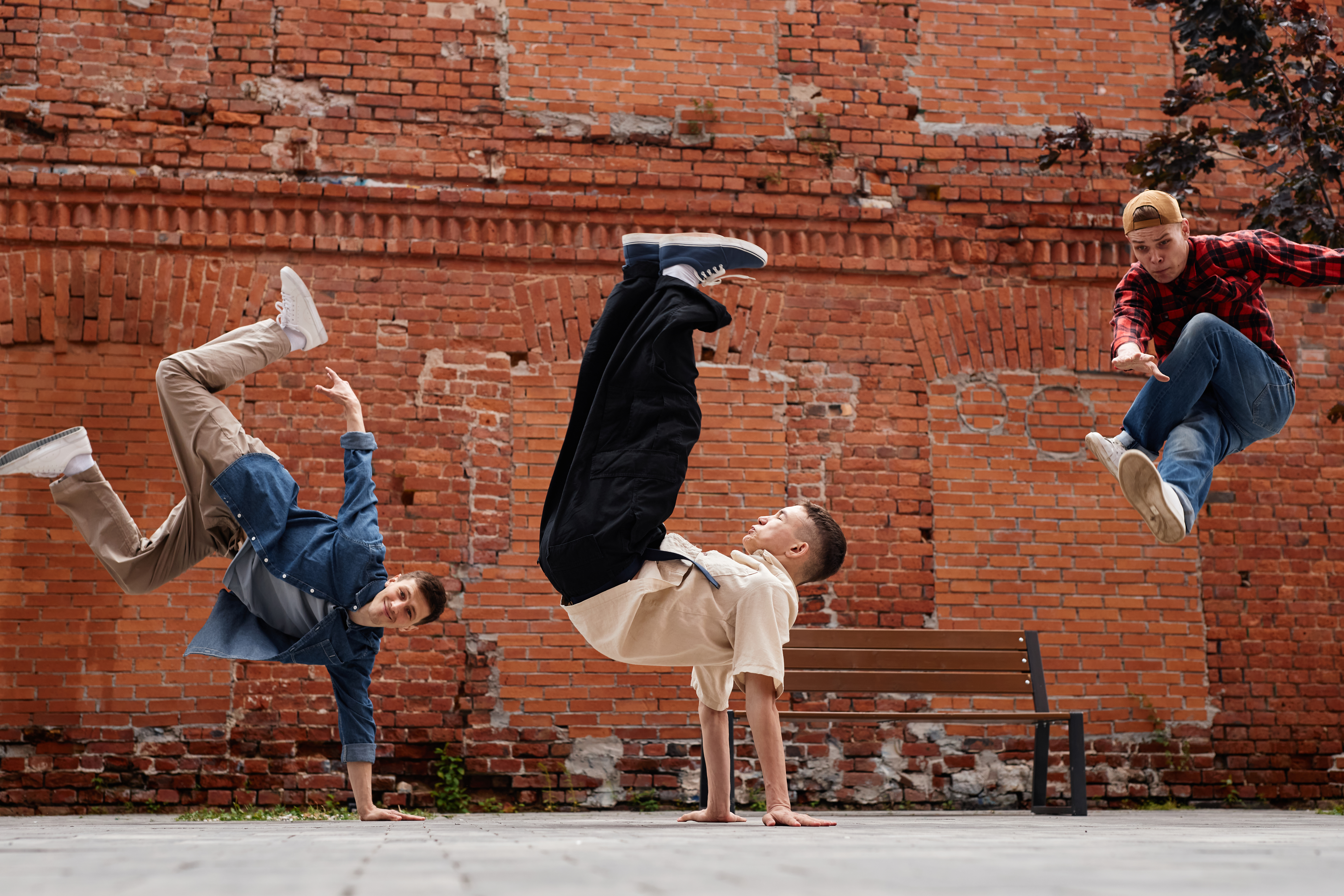The second day of Oscar Pistorius' murder trial was dramatically interrupted Tuesday and the judge ordered an investigation into allegations that a South African television channel was broadcasting a photograph of a witness — against a court order guaranteeing privacy to witnesses who request it.
Judge Thokozile Masipa warned the media to respect the ruling that images of witnesses who request privacy should not be shown. Masipa called the revelation "very disturbing."
"An investigation is to follow to find out exactly what is happening. This may just be the tip of the iceberg," said Masipa.
The witness, Michelle Burger, lives close to Pistorius' house and says she heard a woman screaming on the night Pistorius killed girlfriend Reeva Steenkamp last year, leading him to be charged with murder.
South African television station eNCA was broadcasting a live audio feed of university lecturer Michelle Burger's testimony Tuesday with a photograph of her, prosecutor Gerrie Nel said in court. He said the photo was captioned: "On the stand: Michelle Burger, Pistorius neighbor."
Nel said eNCA contacted the court clerk to ask if they could run a photograph of the witness that they had obtained from outside the court. The court said no, Nel said.
"They still went ahead and did it," the prosecutor said.
U.S. & World
News from around the country and around the globe
Nel said the outlet found the photo "somewhere else."
The development came less than 30 minutes into the day's proceedings when Nel interrupted Pistorius lawyer Barry Roux's cross-examination of Burger, saying he had just been informed that Burger's image was being shown on television.
The judge adjourned proceedings and Burger immediately left the room. When the judge returned after meeting with the two sides in her chambers, she ruled that there would be an investigation and instructed that no photographs may be shown in the media of any witness who requests privacy, regardless of the source.
"I am warning the media, if you do not behave, you are not going to be treated with soft gloves by this court," Judge Masipa said.
Another judge ruled last week that parts of Pistorius' blockbuster trial could be broadcast on live TV — in South Africa and around the world — but witnesses who request privacy, like Burger, would not be shown. An audio only feed of their testimony would then be broadcast.
The testimony of expert witnesses for the state and police officers can be on television, but witnesses for the state who request privacy as well as Pistorius and his defense witnesses won't be seen on television or in still images — unless they give their permission.
Burger, who lives about 177 meters (193 yards) from Pistorius' house, is the first witness to take the stand at the trial and has testified to a sequence of events on the night of Feb. 14 last year that contradicts the Olympian's story.
Burger says she heard a woman scream and a man shouting for help before the sound of gunshots on the night a year ago. Pistorius says he was the only person to shout after thinking there was a dangerous intruder inside his bathroom. He says he then shot his girlfriend through a toilet door by mistake.
For a second day, defense lawyer Roux sought to undercut the testimony of Burger, who wore a black suit and pink blouse.
Roux suggested the university lecturer was changing her story partly because she had not told police in a statement last year that she had heard screaming during the gunshots. Roux was also skeptical that she could hear fear and anxiety in the voice of a woman in a toilet cubicle with a closed door.
"I will invite the state to go and do a test" to see if the sound would carry, Roux said.
Burger stuck to her account, saying the area where she lives is tranquil and near a nature reserve, and that the windows of her house were open because there is no air conditioning.
"It's very quiet," she said. "Sound carries."
Prosecutor Nel objected to Roux's sometimes acerbic interrogation, saying it was repetitive. However, Judge Masipa allowed the questioning to proceed and warned Burger she would be "in that witness box" for a lot longer unless she gave direct answers.
"You don't give an explanation," Masipa said. "If the answer is yes, you say yes. If it's no, you say no. If you don't know, you say you don't know."



